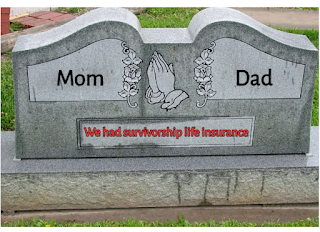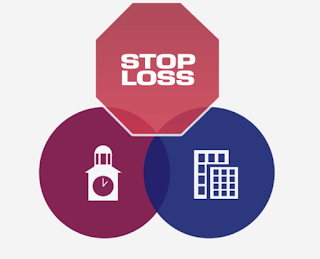Medical Malpractice Insurance

Medical Malpractice Insurance Medical malpractice insurance is a type of professional liability insurance that covers healthcare professionals against claims of injury and medical negligence. This type of insurance can help protect you from claims against you should any arise. This policies are often carried by physicians, nurses, physical therapists, and other medical professionals as a way to be protected from certain liability claims and damages. Medical malpractice is any act or omission by a physician during treatment of a patient that deviates from accepted norms of practice in the medical community and causes an injury to the patient. Medical malpractice is a specific subset of tort law that deals with professional negligence. This insurance cover protect a licensed health care provider or health care facility against legal liability resulting from the death or injury of any person due to misconduct, negligence, or incompetence, in rendering or failure to render professional...
















